Engineered vs. Sand-in-Place Wooden Floors
yoyoma
15 years ago
Featured Answer
Sort by:Oldest
Comments (25)
Buehl
15 years agoRelated Discussions
Solid wood vs. engineered wood flooring
Comments (2)solid wood is 3/4" thick. You can sand down to where the nails are which is where the 'tongue' is. Engineered wood is 3 5 or 7 plys with a veneer of hardwood on top. Its generally more stable than a solid. There is no intrinsic advantage of a solid over engineered, though there is a perceived difference as one is 'thicker'. That has really nothing to do with anything. Factory finishes are generally far more durable than anything you can do on site. Unfinished allows you to stain any color and sanding will make the floor real flat and smooth. Prefinished you can't pick stain color other than the std colors, and generally will have overwood if the floor isn't perfectly level. As anything in this industry there are tradeoffs to all flooring materials....See MoreHardwood vs. engineered wood floors
Comments (3)Unless things have changed in the last few yrs factory finished floors tend to have a higher resistance to abrasive wear than site finished floors. Aluminum Oxide can be applied at the factory under controlled conditions where site finished floors can't. The 'wearable' portion of the wood can sometimes be as much on an engineered floor than with solid hardwood. Lots has to do with 'design', stain and other factors. Some people just hate the beveled edges and other love them. Some houses with slabs or other conditions don't lend themselves to solid hardwood so engineered is the only choice...See MoreVine hill Carano vs cloverdale engineered wood floor
Comments (2)I found the brand at ProSource. The samples have heavy wire brushing and I was concerned about that. I like a rustic look though. In my last house I installed handscraped floors and it created wave patterns in the floor that made the floor look fake. I really didn't like that. These are not handscraped though. https://baroqueflooring.com/products.php?c=Hardwood-Floors&col=Vine%20Hill#product-179...See MorePorcelain Tile vs Engineered Wood Floors
Comments (7)I don’t go barefoot day in and day out, on hard tile, but choose to wear specific footwear with a good cushion when indoors. Love the cooler floor, and my pets love to stretch out on them too! Very easy to clean a porcelain floor, (even disinfect it with steam if I need too!) especially when animal accidents are discovered after the fact, hours or days later. I could imagine that you routinely had your beach house cleaned especially after each use. A protective coating well applied, I can imagine, might keep a wood floor finish standing up to sand and extremes in humidity. I know that my wood French doors, stained and clear coated (I think I used a urethane years ago) have stood up well for at least as long as your floors, to the elemental weather changes in Florida. They serve as our entry doors to our screened porch....See Moreccoombs1
15 years agoweissman
15 years agoUser
15 years agoacountryfarm
15 years agopatti823
15 years agoUser
15 years agoBuehl
15 years agopatti823
15 years agoyoyoma
15 years agoacountryfarm
15 years agobeachbum
15 years agoci_lantro
15 years agoccoombs1
15 years agoUser
15 years agoUser
15 years agokitchenkrazy_2008
15 years agoigloochic
15 years agoacountryfarm
15 years agoUser
15 years agoCircus Peanut
15 years agokitchenkrazy_2008
15 years agokitchenkrazy_2008
15 years agoremodelfla
15 years ago
Related Stories
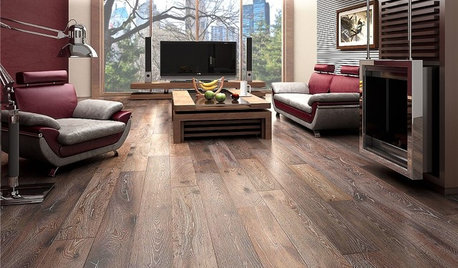
REMODELING GUIDESWhen to Use Engineered Wood Floors
See why an engineered wood floor could be your best choice (and no one will know but you)
Full Story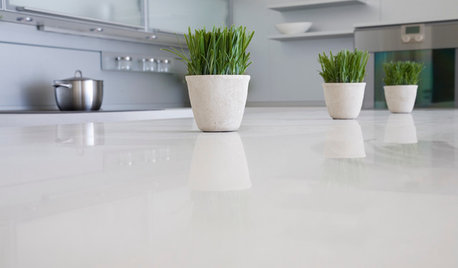
KITCHEN DESIGNKitchen Counters: Stunning, Easy-Care Engineered Quartz
There's a lot to like about this durable blend of quartz and resin for kitchen countertops, and the downsides are minimal
Full Story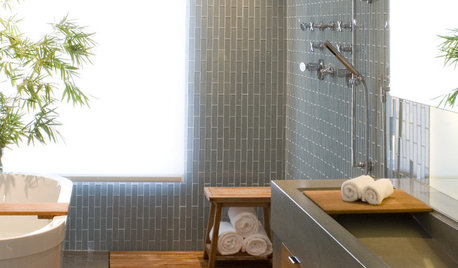
BATHROOM DESIGN18 Knockout Ideas for Wooden Floor Showers
Look to an often-forgotten material choice for shower floors that radiate beauty in almost any style bathroom
Full Story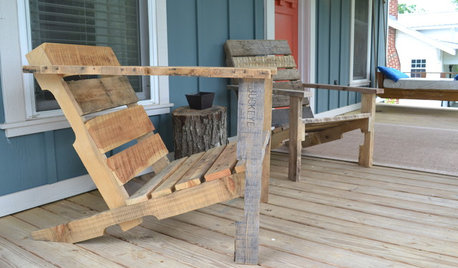
WOODWORKINGBuild Your Own Wooden Deck Chair From a Pallet — for $10!
Take the ecofriendly high road with a low-cost outdoor chair you make yourself
Full Story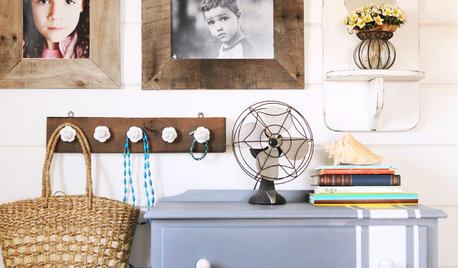
DIY PROJECTSTurn a Wooden Pallet Into Unique Photo Frames
Free wood? We're so in. Salvage a pallet or other cast-off wood to make delightfully distressed frames that fit almost any decor
Full Story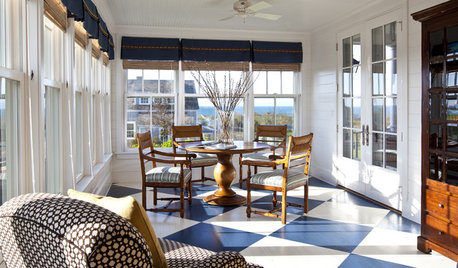
FLOORSHow to Paint Your Hardwood Floors
Know how to apply nail polish? Then you can give your wooden floors a brand-new look
Full Story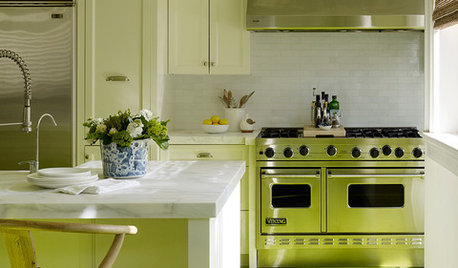
KITCHEN DESIGNEye-Catching Colors for Your Kitchen Floor
Revitalize a tired wooden floor with a paint or stain in an unexpected color
Full Story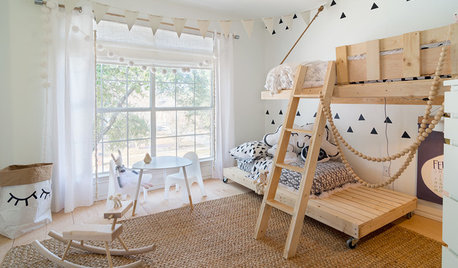
KIDS’ SPACESRoom of the Day: A Place for Kids to Dream and Play
A Scandinavian-inspired bedroom for children encourages creativity and sleeping too
Full Story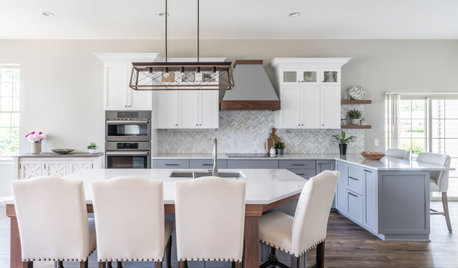
KITCHEN DESIGN10 Ways to Design a Kitchen for Aging in Place
Design choices that prevent stooping, reaching and falling help keep the space safe and accessible as you get older
Full StorySponsored
Columbus Area's Luxury Design Build Firm | 17x Best of Houzz Winner!



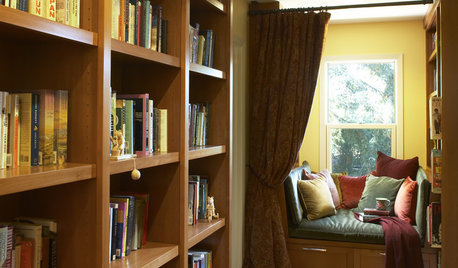
ci_lantro